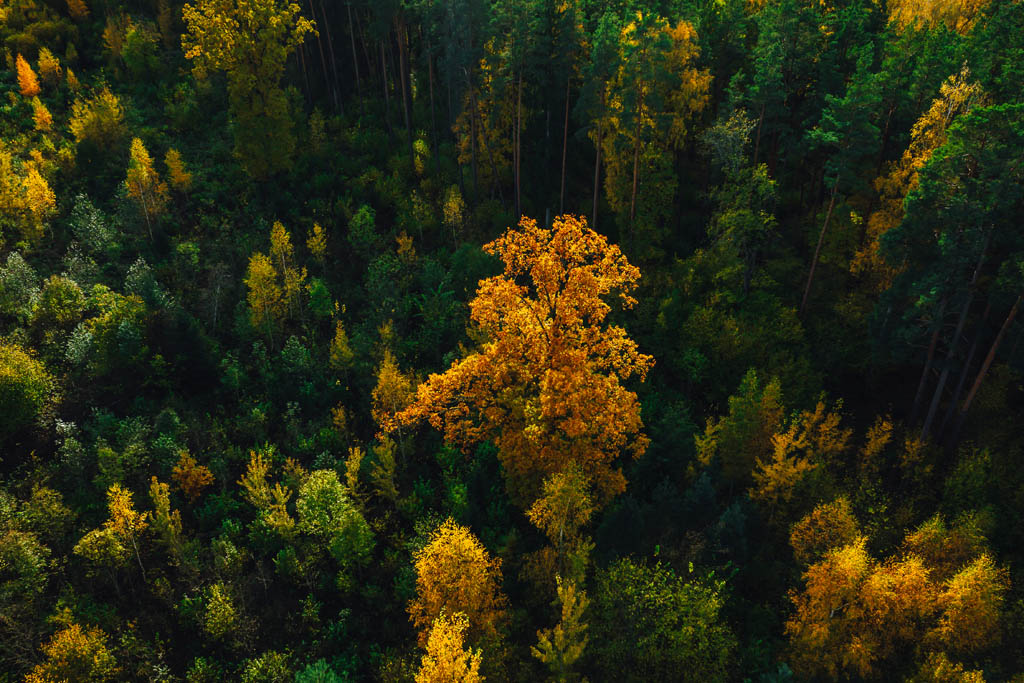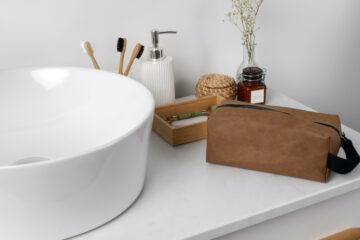The global economy is in a state of crisis, and it can be difficult to stay afloat. It’s time to take a step back and think about the long-term future of your life and your world – while you still can.
We all want to reduce our waste, save money, and live more sustainably in this economic crisis, but how do we make that happen? Small daily choices can have a big impact on our wallets, our environment, and our happiness.
Zero waste living is a philosophy and lifestyle that aims to minimize waste and minimize the environmental impact of consumption. It involves reducing, reusing, recycling, and composting as much as possible, with the goal of sending as little waste as possible to landfills or incinerators.
Starting a zero waste lifestyle can be a rewarding and fulfilling way to reduce your environmental impact and live a more sustainable life. Here are some tips to help you get started on your zero waste journey.
Reduce your consumption
One of the most effective ways to reduce waste is to simply consume less. Consider purchasing products that are made to last, choosing items with minimal packaging, and avoiding disposables whenever possible.
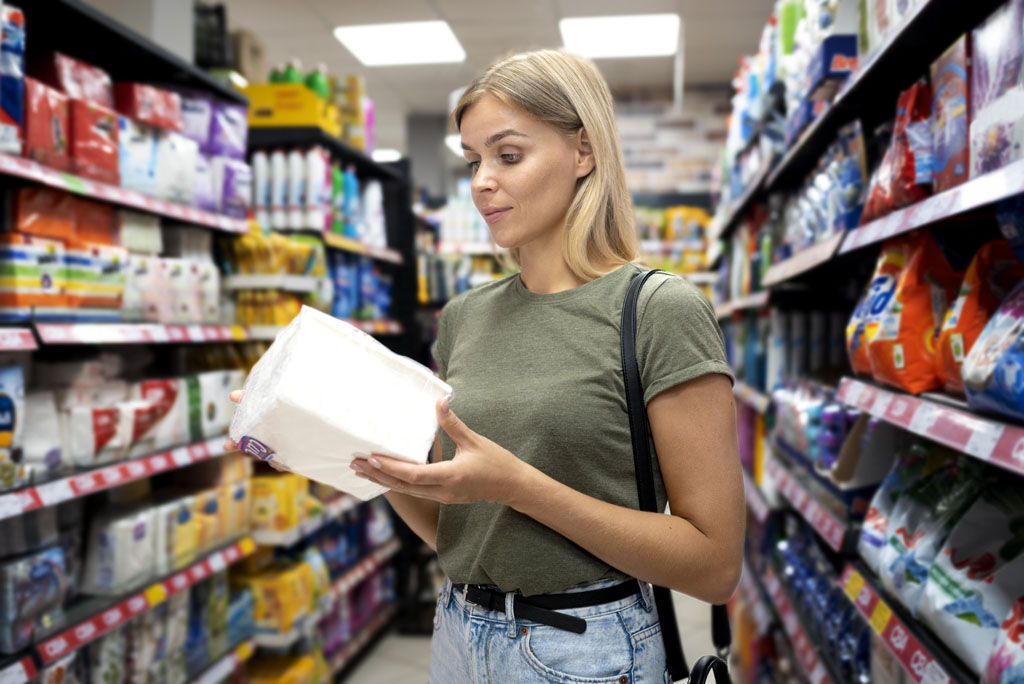
What is the easiest way to reduce consumption?
There are a few simple ways you can reduce your consumption and live a more sustainable lifestyle:
Shop secondhand
Instead of buying new items, consider purchasing gently used items from thrift stores or online marketplaces. This can help reduce the demand for new products, which can have a significant environmental impact.
Repair and maintain your possessions
Take good care of the things you already own by repairing them when they break and maintaining them regularly. This can help extend the life of your possessions and reduce the need to buy new ones.
Plan ahead
Before making a purchase, think about whether you really need the item and whether it will serve a purpose in your life. By being mindful of your purchases, you can avoid impulse buying and reduce your overall consumption.
Choose products with minimal packaging
Look for products with minimal or recyclable packaging, or opt for bulk options where available. This can help reduce the amount of waste you generate.
Reuse and repurpose items
Instead of buying new items, try to find ways to reuse or repurpose items you already have. For example, you could use a mason jar as a drinking glass or repurpose an old t-shirt as a cleaning cloth.
How to reuse and repurpose items?
Reusing and repurposing items is a great way to reduce waste and be more sustainable. Here are a few ways you can reuse and repurpose items:
Find new uses for old items
Instead of throwing away products that are no longer needed for their original purpose, try to find new uses for them. For example, you could use an old coffee can as a planter or repurpose a ladder as a bookshelf.
Upcycle
Upcycling involves taking an old or discarded item and turning it into something new and useful. This could involve repainting furniture, adding new handles to a dresser, or turning an old t-shirt into a reusable grocery bag.
Donate or sell items
If you have items that you no longer need or use, consider donating them to a thrift store or selling them online. This can help extend the life of the item and prevent it from being thrown away.
Repair and maintain items
Instead of replacing items when they break or wear out, try to repair them or find someone who can fix them for you. This can help extend the life of your possessions and reduce the need to buy new ones.
Recycle properly
Make sure to properly recycle items that cannot be reused or repurposed. This includes separating recyclable materials and ensuring they are placed in the correct recycling bin or taken to a recycling facility.
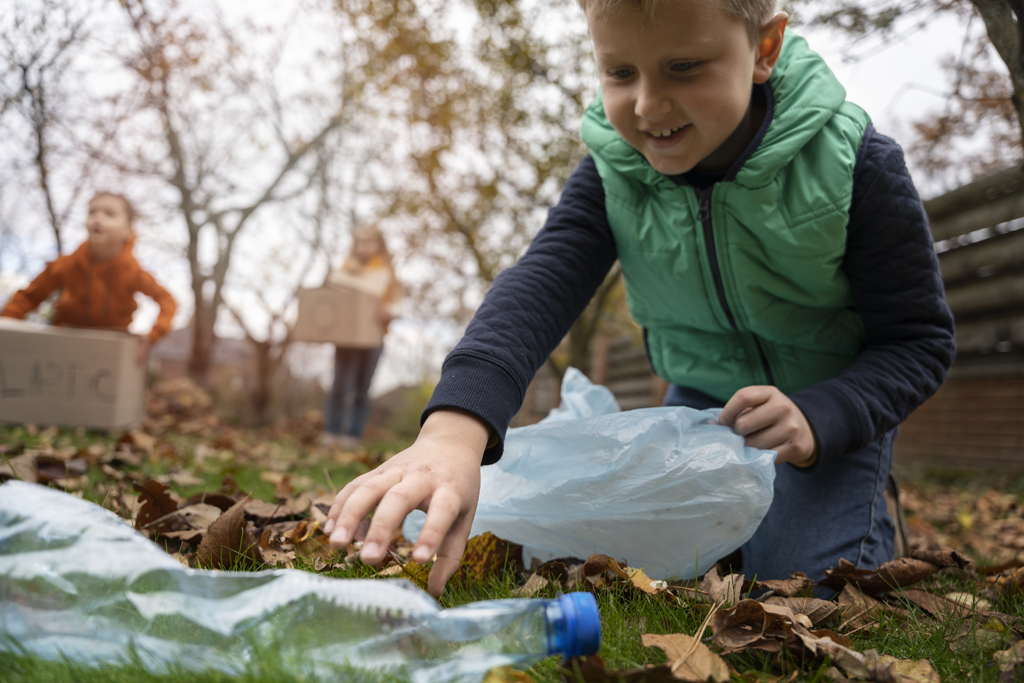
What is the easiest way to recycle properly?
Proper recycling can help reduce waste and protect the environment. Here are a few easy steps you can take to recycle properly:
Find out what can be recycled in your area
Different areas have different recycling guidelines, so it’s important to find out what can and cannot be recycled in your area. You can typically find this information on your local government or waste management website.
Separate your recyclables
Keep your recyclables separate from your non-recyclables. This will make it easier to recycle properly and reduce the risk of contamination.
Rinse and clean recyclables
Make sure to rinse and clean recyclable items before placing them in the recycling bin. This will help ensure that they are properly processed and reduce the risk of contamination.
Use the correct recycling bin
Use the correct recycling bin or container for each type of recyclable material. This will help ensure that the material is properly collected and processed.
Dispose of hazardous materials properly
Certain materials, such as batteries, electronics, and chemicals, cannot be recycled in regular recycling bins. Make sure to properly dispose of these items by taking them to a hazardous waste collection facility or recycling center.
By following these steps, you can easily recycle properly and do your part to protect the environment.
Compost organic waste
Instead of throwing away food scraps and yard waste, consider starting a compost bin. Composting can help reduce the amount of waste sent to landfills and can also provide a natural fertilizer for your garden.
How to compost organic waste?
Composting is a great way to reduce waste and improve the health of your soil. Here are the basic steps to compost organic waste:
Choose a suitable location for your compost bin
Your compost bin should be located in an area that is convenient for you to access and that is not too close to your home or other structures.
Gather materials for your compost bin
You will need a mixture of “brown” materials, such as dry leaves and twigs, and “green” materials, such as fruit and vegetable scraps and grass clippings. Aim for a mix of about two parts brown materials to one part green materials.
Add water and air to your compost bin
To help the composting process, make sure to add enough water to keep the materials moist, but not too wet. You should also turn the compost regularly to ensure that it gets enough oxygen.
Wait for the compost to mature
It will take several weeks or even months for your compost to mature, depending on the temperature and the type and amount of materials you are composting. As the compost matures, it will become dark and crumbly and will have a rich, earthy smell.
By following these steps, you can easily set up and maintain a compost bin and turn your organic waste into valuable compost for your garden.
Educate yourself
Keep learning about zero waste practices and ways to reduce your environmental impact. Share what you learn with friends and family to help spread the word about the importance of sustainability.
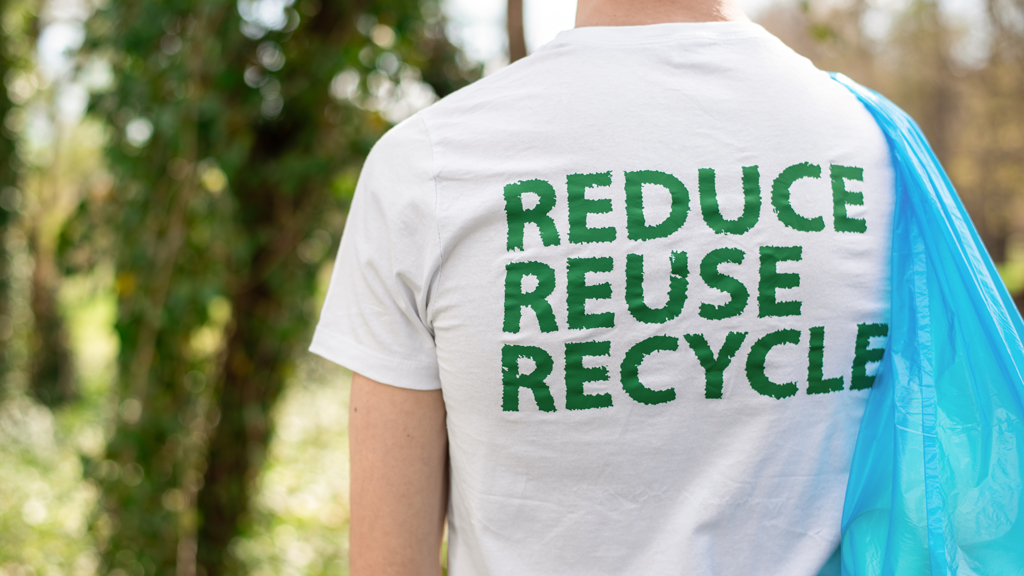
How to educate myself on zero waste life?
There are many resources available to help you learn about zero waste practices and live a more sustainable life. Here are a few ways you can educate yourself:
Read books and articles
Look for books and articles about zero waste living, sustainability, and environmental issues. This can help you learn about the principles of zero waste and get ideas for how to incorporate them into your daily life.
Join online communities
Join online communities or forums dedicated to zero waste and sustainability. These communities can be a great source of information, tips, and support as you learn more about zero waste living.
Attend workshops or events
Look for workshops, events, or talks related to zero waste and sustainability in your area. These can be a great way to learn from experts and meet others who are interested in similar topics.
Follow social media accounts
Follow social media accounts or blogs that focus on zero waste and sustainability. This can be a great way to stay up to date on the latest developments and get ideas for how to live a more sustainable life.
Use mobile apps
Mobile apps may help in living a zero-waste life. They can help to remember what type of foods we have, and when they expire or remind us to declutter our homes now and then. Apps can help connect with other zero-waste enthusiasts who share tips, recipes, and more.
By making these simple changes, you can dramatically reduce the amount of waste you produce each day. So dive in and start your zero waste journey today!

